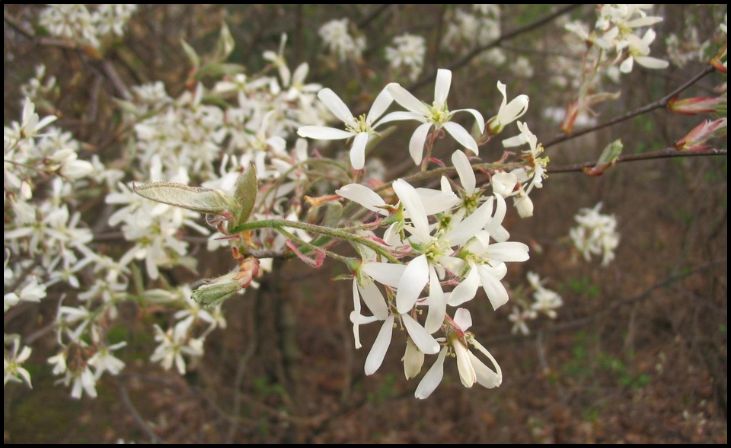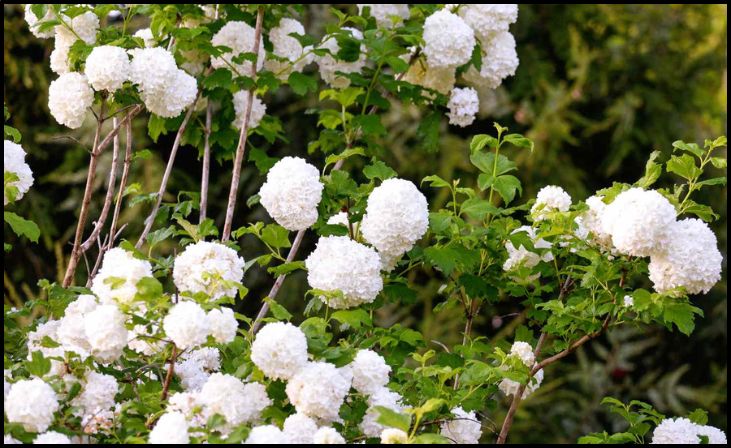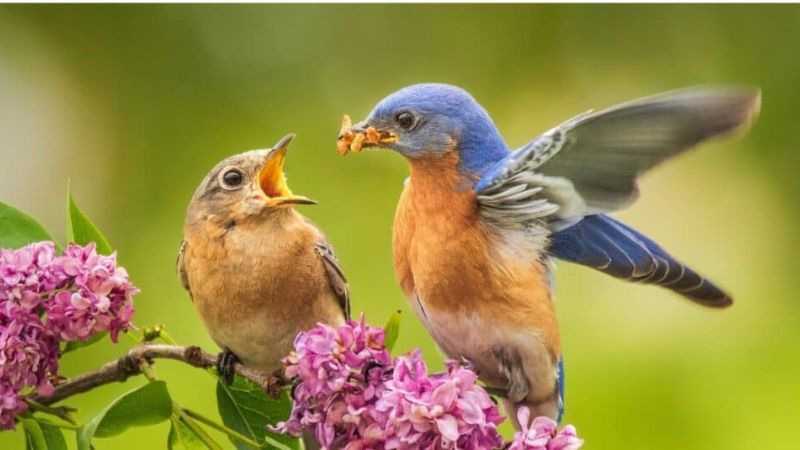Creating a vibrant, bird-friendly garden is a wonderful way to enjoy the beauty of nature right in your backyard. One of the most delightful birds to attract is the bluebird. Known for their striking blue plumage and cheerful song, bluebirds can be drawn to your yard by planting specific trees, shrubs, and flowers. Here are seven plants that will not only enhance the aesthetic of your garden but also attract these beautiful birds.
1. Serviceberry (Amelanchier spp.)

Serviceberry, also known as Juneberry or Shadbush, is a fantastic choice for attracting bluebirds. This plant produces an abundance of small, edible berries that bluebirds find irresistible. These berries ripen in early summer, providing a critical food source during the breeding season. Serviceberry plants are versatile, thriving in a range of soil types and conditions, and they also offer ornamental value with their white spring flowers and vibrant fall foliage. Planting a serviceberry in your yard will not only support bluebirds but also enhance your garden’s biodiversity and seasonal beauty.
2. Eastern Red Cedar (Juniperus virginiana)
Eastern Red Cedar is a native evergreen tree that provides year-round benefits for bluebirds. Its dense foliage offers excellent shelter and nesting sites, while its blue-gray berries are a crucial winter food source. Bluebirds are particularly attracted to these trees during colder months when other food is scarce. The Eastern Red Cedar is hardy and low-maintenance, making it an ideal addition to any garden. By planting this tree, you create a sanctuary for bluebirds, helping them thrive throughout the year.
3. Dogwood (Cornus spp.)
Dogwoods are another excellent choice for attracting bluebirds. These versatile shrubs or small trees produce clusters of red berries that are a favorite among many bird species, including bluebirds. The berries ripen in late summer to fall, providing an important food source as bluebirds prepare for migration or overwintering. Additionally, dogwoods are known for their stunning spring flowers and attractive fall foliage, adding both aesthetic and ecological value to your yard. Their moderate growth rate and adaptability to various soil conditions make dogwoods a practical and beautiful option for bird-friendly gardens.
4. American Holly (Ilex opaca)

American Holly is a robust evergreen tree that offers multiple benefits for bluebirds. Its bright red berries, which persist throughout the winter, are a vital food source when other options are limited. The dense, prickly foliage of the American Holly also provides excellent protection and nesting sites for bluebirds and other small birds. This tree is not only functional but also highly decorative, with its glossy green leaves and striking red berries adding festive color to the winter landscape. Planting American Holly can transform your garden into a year-round haven for bluebirds.
5. Elderberry (Sambucus canadensis)
Elderberry plants are renowned for their prolific berry production, which bluebirds and other wildlife eagerly consume. The dark purple berries appear in late summer, offering a nutritious food source that helps sustain bluebirds during their active season. Elderberries are also valued for their large, fragrant flower clusters that bloom in spring, attracting pollinators and adding visual interest to your garden. These plants are relatively easy to grow and can tolerate a range of soil conditions, making them a versatile addition to your bird-friendly landscape.
6. Mulberry (Morus spp.)
Mulberry trees are a magnet for bluebirds due to their abundant fruit production. The juicy, sweet berries are available in late spring to early summer, coinciding with the bluebirds’ breeding season. This timely availability of food supports adult bluebirds as they raise their young. Mulberries are fast-growing and hardy, capable of thriving in various environments. By planting a mulberry tree, you provide a reliable food source for bluebirds and other wildlife, ensuring that your garden remains a bustling hub of avian activity.
7. Viburnum (Viburnum spp.)

Viburnums are versatile shrubs that produce an array of colorful berries, highly attractive to bluebirds. The timing of berry production varies among species, offering a continuous food supply from late summer through winter. Viburnums also feature attractive flowers in spring and lush foliage that can range from green to shades of red and purple in the fall. These shrubs are relatively low-maintenance and can adapt to different soil types and conditions. By incorporating viburnums into your garden, you create a dynamic and supportive habitat for bluebirds throughout the year.
Incorporating these plants into your garden will create a welcoming environment for bluebirds, enhancing your outdoor space with their beauty and song. Not only will you enjoy the aesthetic benefits, but you’ll also contribute to the conservation of these charming birds by providing them with essential food and shelter. Happy bird watching!
